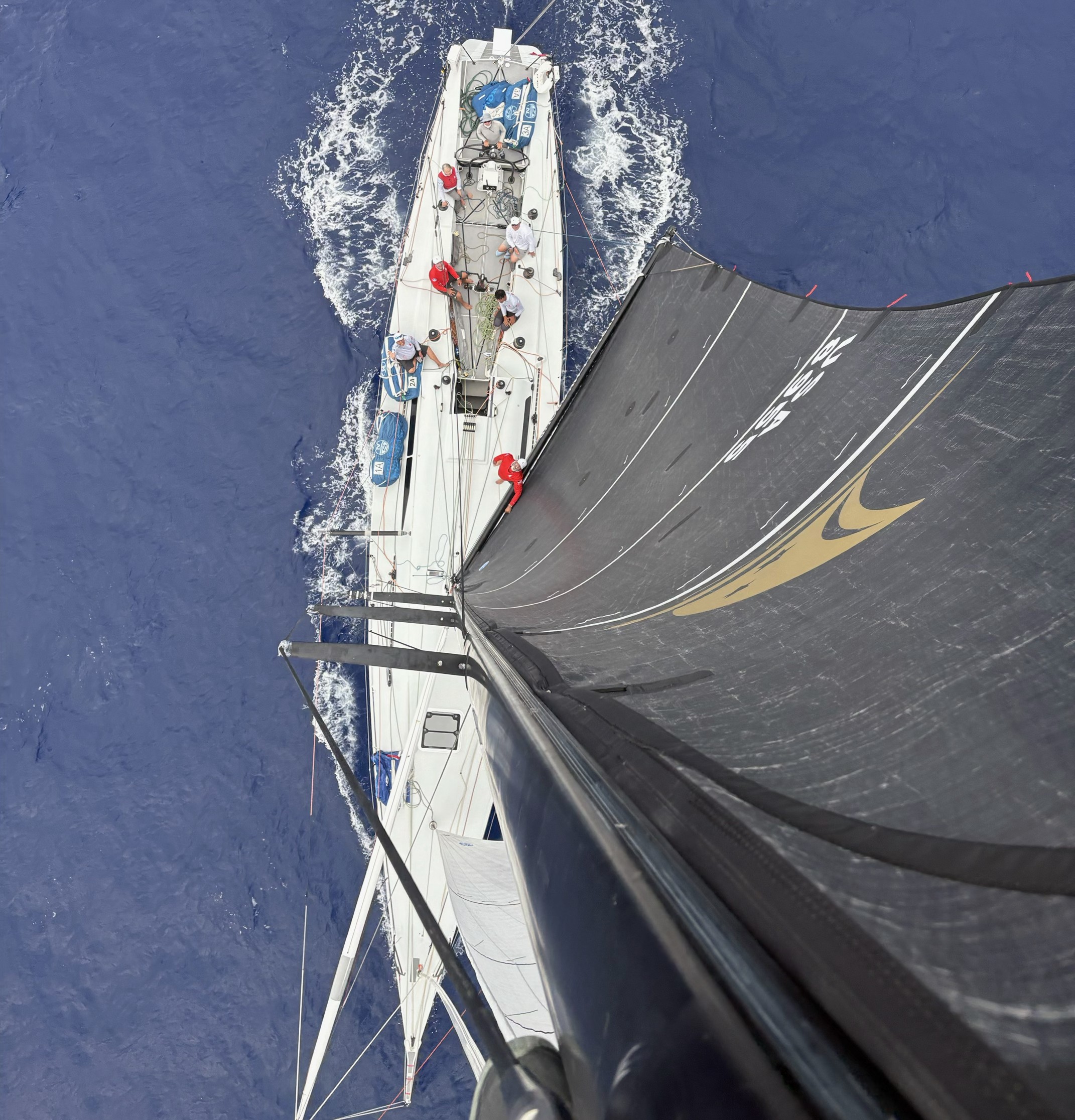Tampa’s Mayor refused to hand over the keys to the city on Tuesday to a small handful of pirates from “ye Mystic Krewe of Gasparilla.” Today, they are coming back with friends in an invasion that will last less than a day. Many of you may be reading this blog while a little more than 600 of us are invading Tampa, forcibly making the mayor surrender keys to the city and then celebrating by marching along in the third largest parade in the United States. It is Gasparilla Day in Tampa!
Regarding coverage for piracy, Couch on Insurance states:
In the early days of marine insurance, loss by piracy was a major concern and it tended to be specifically included or excluded in order to leave no doubt as to coverage for such a loss.
At common law, piracy consisted of robbery, kidnapping, or other criminal violence committed at sea. Piracy is distinguished from ‘privateering,’ which is committed by lawfully commissioned authority of a sovereign state, or of a de facto government exercising sovereign powers and recognized as a belligerent, against declared enemies. Unlike piracy, privateering is authorized by principles of international law. Accordingly, neither coverage against piracy nor against assailing thieves applies to acts done under a commission by a government in fact exercising supreme power within its jurisdiction, engaged in war, and recognized as a belligerent, or to the wrongful seizure and sale of cargo by a consul of the United States.
Under the English Marine Insurance Act of 1906, ‘the term ‘pirates’ includes passengers who mutiny and rioters who attack the ship from the shore,’ and American decisions have been in accord.
Loss of an insured tug by theft from its pier in a harbor is not by ‘piracy’ since piracy is an act committed on the high seas and a harbor is not within the meaning of the words ‘high seas.’
The distinction between “piracy” and “privateering” can be important when it comes to insurance. Piracy and privateering are both maritime activities, but they differ primarily in their legal status and the motivations behind them.
A pirate is any person who uses the sea to commit theft. Pirates could be people who use boats to attack ports or ships and may even be applied to those people who simply escape by sea. The term is loose enough that it can encompass more specific groups like slavers, Vikings, and the Somali pirates active nowadays. Above all else, a pirate is breaking the law for personal gain.
On the other hand, a privateer is an individual granted a license by their government, usually during a war. Privateers are like private contractors: They receive a Letter of Marque from their nation’s Admiralty, which grants them permission to raid enemy ships and keep a percentage of the spoils. The bearer of the Letter of Marque would then hire his or her crew and ship at their own expense. A privateer is operating legally, so long as they have the Letter of Marque.
However, the distinction between piracy and privateering could sometimes blur. Privateers sometimes went beyond their commissions, attacking vessels that didn’t belong to the targeted country. This extracurricular raiding and pillaging was indistinguishable from piracy and often insured as piracy.
A great Gasparilla Day post was written by Larry Bache, Clearing up Collapse Coverage, Part III – on Gasparilla Saturday. The coverage issue is something all pirates can relate to—stolen beer.
Thought For The Day
Now and then we had a hope that if we lived and were good, God would permit us to be pirates.
—Mark Twain, Life on the Mississippi
Video of The Day





